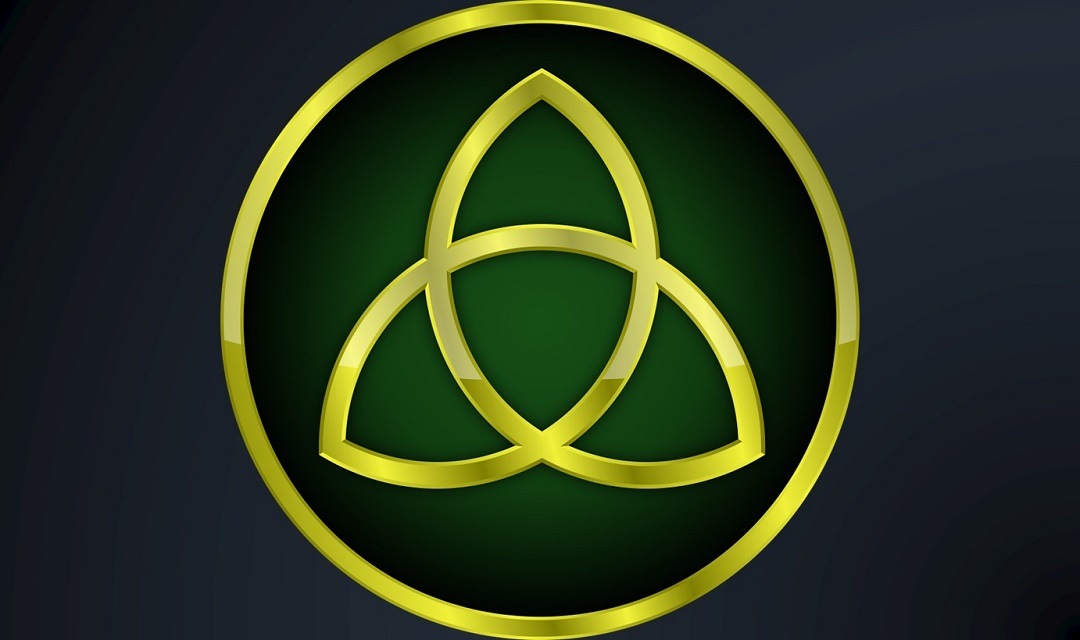By Hank Hanegraaff
While it is popular to suggest that the doctrine of the Trinity is derived from pagan sources, in reality this Christian essential is thoroughly biblical. The word Trinity—like incarnation—is not found in Scripture; however, it aptly expresses what God has condescended to reveal to us about His nature and being. In short, the Trinitarian platform contains three planks: (1) there is but one God; (2) the Father is God, the Son is God, and the Holy Spirit is God; (3) Father, Son, and Holy Spirit are eternally distinct.
The first plank underscores that there is only one God. Christianity is not polytheistic but fiercely monotheistic. “‘You are my witnesses,’ declares the Lord, ‘and my servant whom I have chosen, so that you may know and believe me and understand that I am he. Before me no god was formed, nor will there be one after me’” (Isaiah 43:10).
The second plank emphasizes that, in hundreds of Scripture passages, the Father, the Son, and the Holy Spirit are each declared to be fully and completely God. As a case in point, Saint Paul said that “there is but one God, the Father” (1 Corinthians 8:6). The Father, speaking of the Son, said, “Your throne, O God, will last for ever and ever” (Hebrews 1:8). And when Ananias “lied to the Holy Spirit,” Peter pointed out that he had “not lied to men but to God” (Acts 5:3–4; cf. Matthew 28:19).
The third plank of the Trinitarian platform asserts that the Father, Son, and Holy Spirit are eternally distinct. Scripture clearly portrays subject/object relationships between Father, Son, and Holy Spirit. For example, the Father loves the Son (John 3:35); the Son prays to the Father (John 17); and the Father sends the Holy Spirit (John 15:26). Additionally, Jesus proclaimed that He and the Father are two distinct witnesses and two distinct judges (John 8:14–18). If Jesus were Himself the Father, His argument would have been not only irrelevant but also fatally flawed; and if such were the case, He could not have been fully God.
It is important to note that when Trinitarians speak of one God, they are referring to the nature or essence of God. Moreover, when they speak of Persons or Subjects, they are referring to personal self-distinctions within the Godhead. Put another way, we believe in one What and three Whos.
Hear, O Israel: The Lord our God, the Lord is one! Deuteronomy 6:4 NKJV
For further study, see Donald Fairbairn, Life in the Trinity: An Introduction to Theology with the Help of the Church Fathers (Downers Grove, IL: IVP Academic, 2009); Michael Pomazansky, Orthodox Dogmatic Theology, trans. and ed. Seraphim Rose (Platina, CA: St. Herman of Alaska Brotherhood, 2015); and Metropolitan Hilarion Alfeyev, Orthodox Christianity, Vol. II: Doctrine and Teaching of the Orthodox Church (Yonkers, NY: St. Vladimir’s Seminary Press, 2012).
***Note the preceding text is adapted from The Complete Bible Answer Book: Collector’s Edition: Revised and Expanded (2024). To receive for your partnering gift please click here. ***
